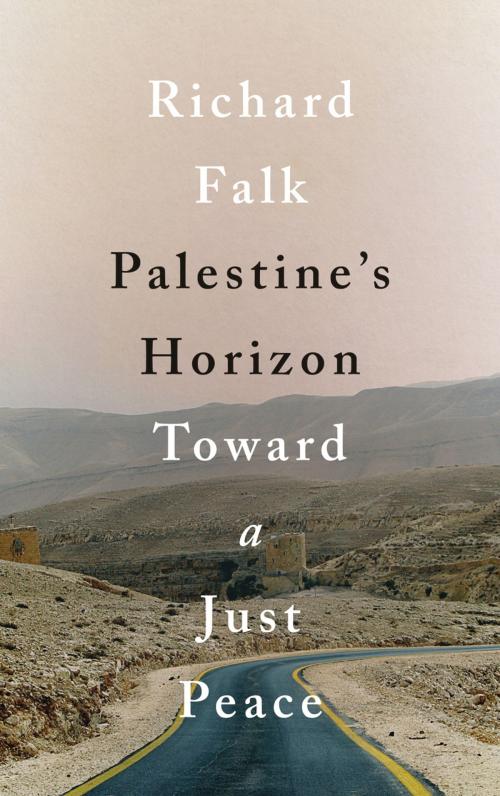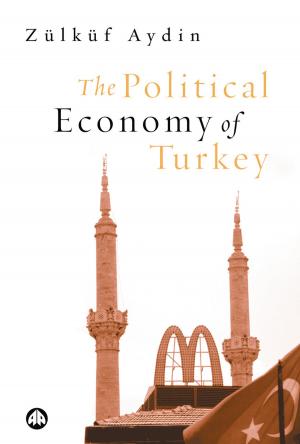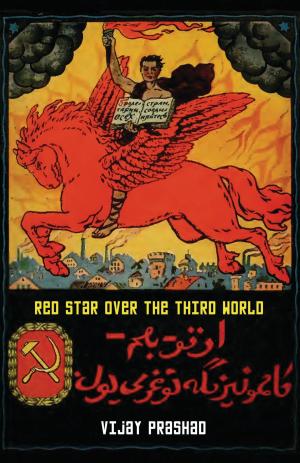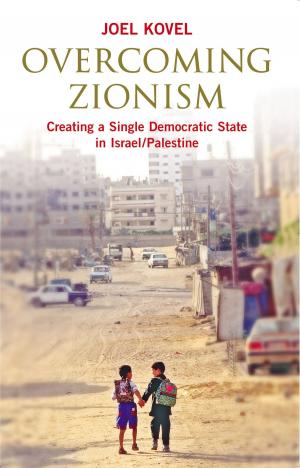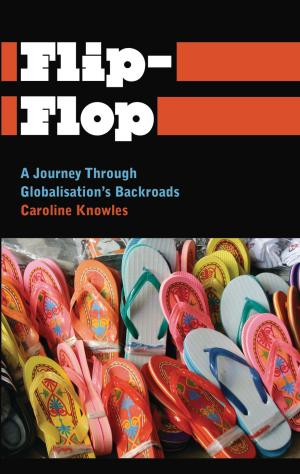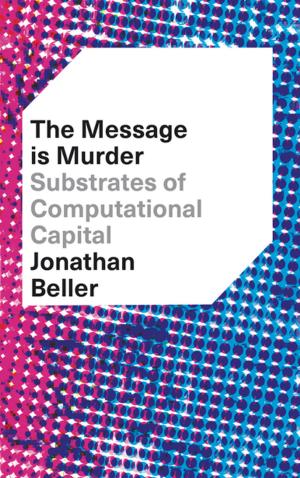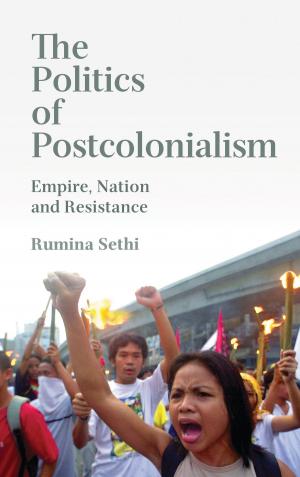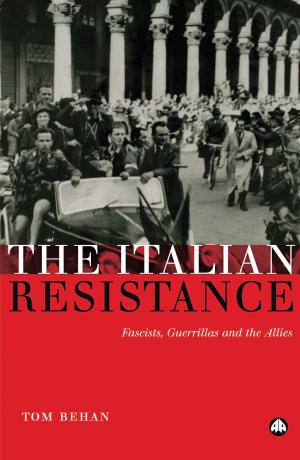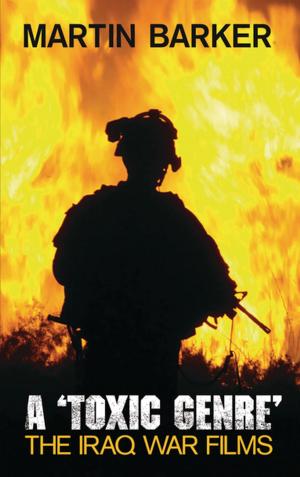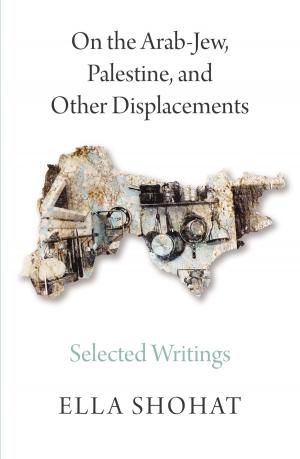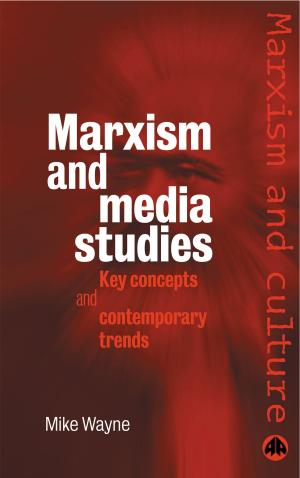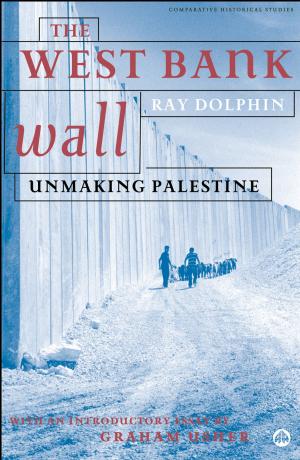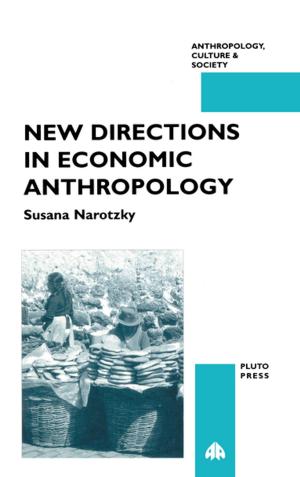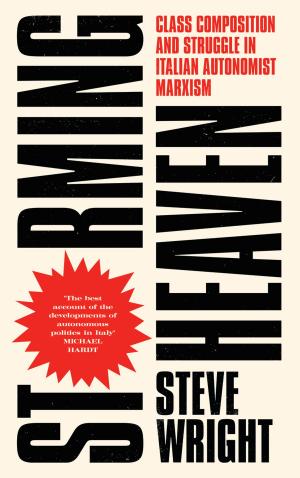| Author: | Richard Falk | ISBN: | 9781786800763 |
| Publisher: | Pluto Press | Publication: | March 20, 2017 |
| Imprint: | Pluto Press | Language: | English |
| Author: | Richard Falk |
| ISBN: | 9781786800763 |
| Publisher: | Pluto Press |
| Publication: | March 20, 2017 |
| Imprint: | Pluto Press |
| Language: | English |
Richard Falk, former UN Special Rapporteur for Palestine (2008-2014), has dedicated much of his life to the study of the Israel/Palestine conflict. In Palestine's Horizon, he brings his experiences to bear on one of the most controversial issues of our times. This book explores the intricacies and interconnections of the history and politics of Israel/Palestine, in light of the global community’s troubled morality. After enduring years of violent occupation, the Palestinian movement is exploring different avenues for peace. These include the pursuit of rights under international law in venues such as the UN and International Criminal Court, and the new emphasis on global solidarity and non-violent militancy embodied by the Boycott, Divestment and Sanctions Campaign, among others. Falk refutes the notion that the Palestinian struggle is a ‘lost cause’ by focusing on new tactics of resistance. He also reflects on the legacy of Edward Said, drawing on the importance of his humanist thought. Against this background, he provides a vision of peace that is mindful of the formidable difficulties of achieving a just solution to the long conflict.
Richard Falk, former UN Special Rapporteur for Palestine (2008-2014), has dedicated much of his life to the study of the Israel/Palestine conflict. In Palestine's Horizon, he brings his experiences to bear on one of the most controversial issues of our times. This book explores the intricacies and interconnections of the history and politics of Israel/Palestine, in light of the global community’s troubled morality. After enduring years of violent occupation, the Palestinian movement is exploring different avenues for peace. These include the pursuit of rights under international law in venues such as the UN and International Criminal Court, and the new emphasis on global solidarity and non-violent militancy embodied by the Boycott, Divestment and Sanctions Campaign, among others. Falk refutes the notion that the Palestinian struggle is a ‘lost cause’ by focusing on new tactics of resistance. He also reflects on the legacy of Edward Said, drawing on the importance of his humanist thought. Against this background, he provides a vision of peace that is mindful of the formidable difficulties of achieving a just solution to the long conflict.
